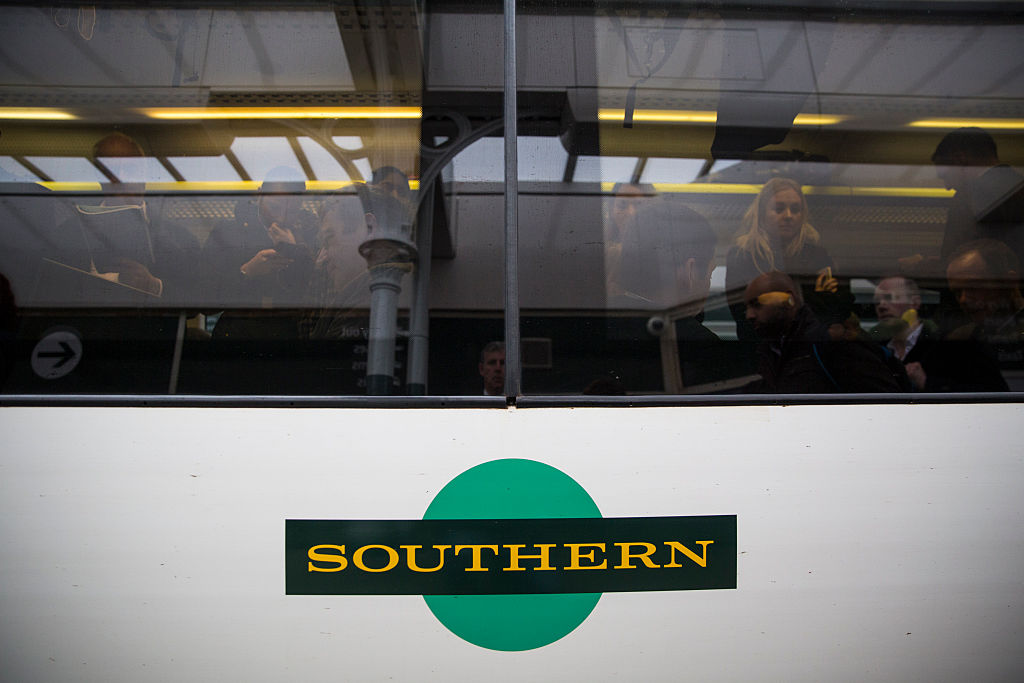I don’t know how the Chief Executive of the Competition and Markets Authority (CMA), Dr Andrea Coscelli, gets to work, but I guess it isn’t by train. In fact, I could quite imagine he had never heard of the existence of railways at all. How else to explain the complete lack of interest of his regulatory body in train operating companies and how they ruthlessly exploit their monopolies in order to jack up fares? The CMA is quick to descend on industries where there is at least some choice – its latest target being the funeral business – yet when it comes to an industry where in most cases there is no choice at all it has shown little interest in the subject other than a report in 2016 suggesting limited extra competition on intercity routes.
This morning, the Rail Delivery Group announced that season tickets and other regulated rail fares will rise by an average of 3.1 per cent in the New Year. This itself is an outrage because rail companies are being allowed still to link their fares to the Retail Prices Index (RPI) rather than the usually-lower Consumer Prices Index (CPI). When it comes to everything else – such as paying us interest on our inflation-linked bonds – the government has dropped RPI, arguing that it is fundamentally flawed.
But it is the 55 per cent of fares which are unregulated which bothers me rather more. There is no formula used to determine how much train companies can increase fares – they can charge what they like. That would be fine if we had a properly-functioning market, with fare rises kept down through competition. But we don’t. The rail industry works on a system of franchises which award operators a local monopoly. There are a few parts of the rail network – such as Reading, where you can choose either to catch a Great Western service to Paddington or a much slower South Western trains service to Waterloo – but for the most part passengers have no choice. If we are going to have to travel by train at all there is only one company which is allowed to offer the journey which we want to make.
And yet at the same time there is no barrier to train companies charging whatever they like. It is a recipe for exploitation, which has led to some extraordinary fare rises. I recently had to travel from Cambridge to Birmingham – a journey which 18 years ago cost me £24.70. The cost of an ‘Anytime’ walk-on fare now is £144.20. If you can book in advance it can cost a little under half this, but that is not always possible – not, for example, if a family member is suddenly taken ill.
Unsurprisingly, I chose to drive, which cost £20 in fuel – so there is at least one form of competition if you have a car. But it is hardly good enough. We are paying three times as much subsidy to the railways now as we were under British Rail, and we are getting a rip-off service in return. Where on Earth is the CMA or the useless transport secretary, Chris Grayling? Either regulate the fares properly or better still break up these monopolies and let anyone run a train service along any route – so rail companies have to fight for our business.







Comments